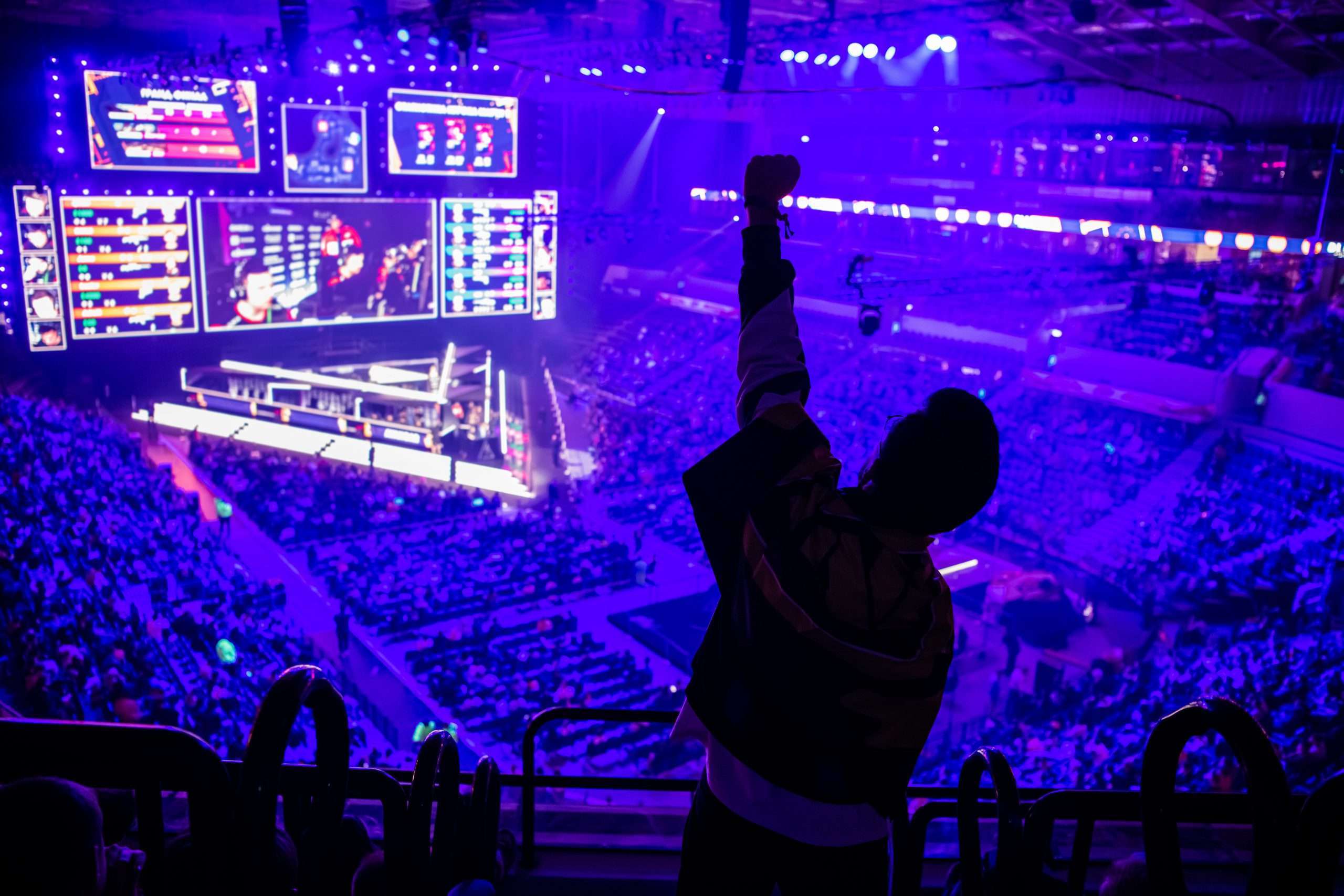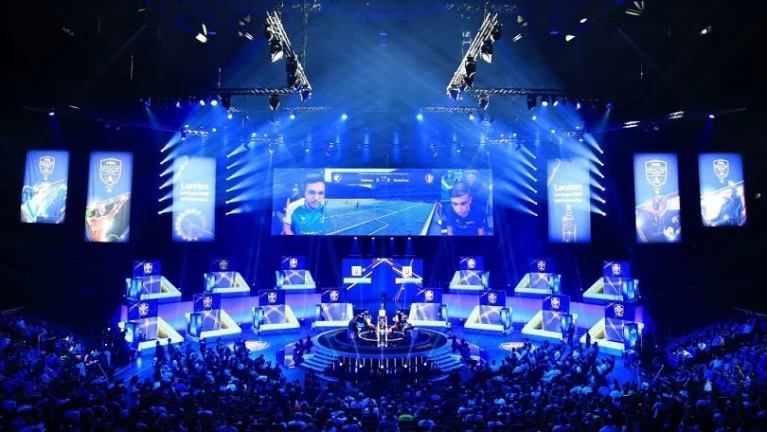Esports have evolved from niche online games to a global phenomenon, quickly catching the attention of millions of fans, athletes, and investors. By 2030, esports could be more popular, profitable, and widespread than traditional sports. The rapid growth in viewership, sponsorships, and accessibility, coupled with advancements in technology, points to a bright future where esports stands at the forefront of entertainment. With the rise of gaming platforms, social media influencers, and global tournaments, the competitive gaming world is on track to surpass traditional sports in terms of reach, revenue, and general cultural impact.
As esports continues to grow, here are some key reasons why it might eclipse traditional sports by the end of the decade.
1. Expanding Global Reach and Accessibility
Esports transcends geographical barriers, allowing players from all over the world to compete in games without the need for physical presence. Unlike traditional sports, which often require costly infrastructure, equipment, and travel, esports only need a computer or console and an internet connection. This accessibility makes it easy for anyone, anywhere, to get involved, whether as a player or a fan.
Esports have already seen remarkable growth in regions outside the U.S. and Europe, including Asia, South America, and Africa. The accessibility factor also includes how fans can watch games live through streaming platforms like Twitch and YouTube, which has opened up competitive gaming to a broader audience. By 2030, this global connectivity will only continue to expand, making esports an even more inclusive and widely followed form of entertainment.
2. Tech Innovations and Immersive Experiences
One of the primary driving forces behind esports’ potential dominance is technology. Virtual reality (VR) and augmented reality (AR) are transforming the gaming experience, creating more immersive and interactive environments for players and spectators alike. By 2030, these technologies could revolutionize how fans engage with esports, offering them the ability to experience matches in ways traditional sports simply cannot.

Furthermore, advancements in AI and machine learning are improving game development, refining esports experiences, and providing more dynamic gameplay for viewers. As esports technology continues to evolve, it will deliver an experience far beyond what traditional sports can offer, allowing fans to engage more deeply with the games, players, and the competition itself.
3. Growing Financial Investment and Sponsorships
Esports is quickly becoming a highly lucrative industry, with big brands, tech companies, and even traditional sports organizations investing heavily in it. Global brands like Coca-Cola, Intel, and Nike have recognized the potential of esports, pouring millions into sponsorships and partnerships. In fact, prize pools for esports tournaments now rival those of traditional sports leagues, attracting the best talent and most lucrative sponsorship deals.
This influx of investment is not only pushing the quality of the competitions but also making esports a viable career for top-level players, coaches, and streamers. By 2030, the financial ecosystem of esports will likely outstrip that of traditional sports, as more corporations and media outlets vie for a piece of the lucrative esports pie. With streaming platforms, game publishers, and betting companies also jumping on board, eSports is set to become a dominant force in the global entertainment economy.

4. Generational Shift and Cultural Influence
As millennials and Gen Z continue to dominate the consumer market, their preferences for entertainment are shifting away from traditional sports to digital and interactive forms of entertainment, such as esports. This demographic is not only the core audience for gaming but is also shaping the future of entertainment with their increasing engagement in streaming, social media, and gaming-related content.
Esports is no longer just about playing games; it’s a cultural phenomenon. Players, streamers, and influencers have become celebrities in their own right, with millions of followers on social media. This shift has redefined what it means to be an athlete and has broadened the scope of what constitutes entertainment. As the younger generation grows older and continues to embrace digital-first experiences, esports is likely to become an even more integral part of global culture by 2030, eclipsing traditional sports in terms of fan engagement, media presence, and general cultural relevance.




